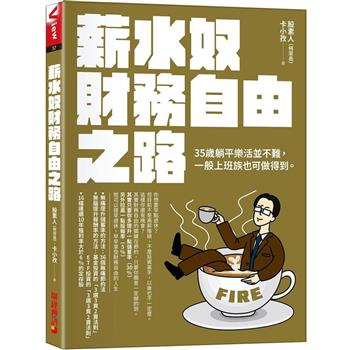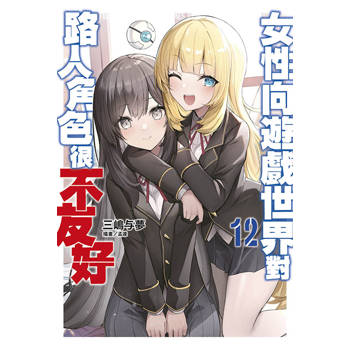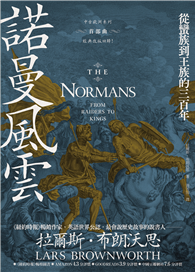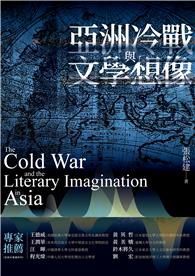In Unbound in War?, Sean Richmond examines the influence and interpretation of international law in the use of force by two important but understudied countries, Canada and Britain, during two of the most significant conflicts since 1945, namely the Korean War and the Afghanistan Conflict. Through innovative application of sociological theories in International Relations (IR) and International Law (IL), and rigorous qualitative analysis of declassified documents and original interviews, the book advances a two-pronged argument.
First, contrary to what some dominant IR perspectives might predict, international law can play four underappreciated roles when states use force. It helps constitute identity, regulate behaviour, legitimate certain actions, and structure the development of new rules. However, contrary to what many IL approaches might predict, it is unclear whether these effects are ultimately attributable to an obligatory quality in law. This ground-breaking argument promises to advance interdisciplinary debates and policy discussions in both IR and IL.












